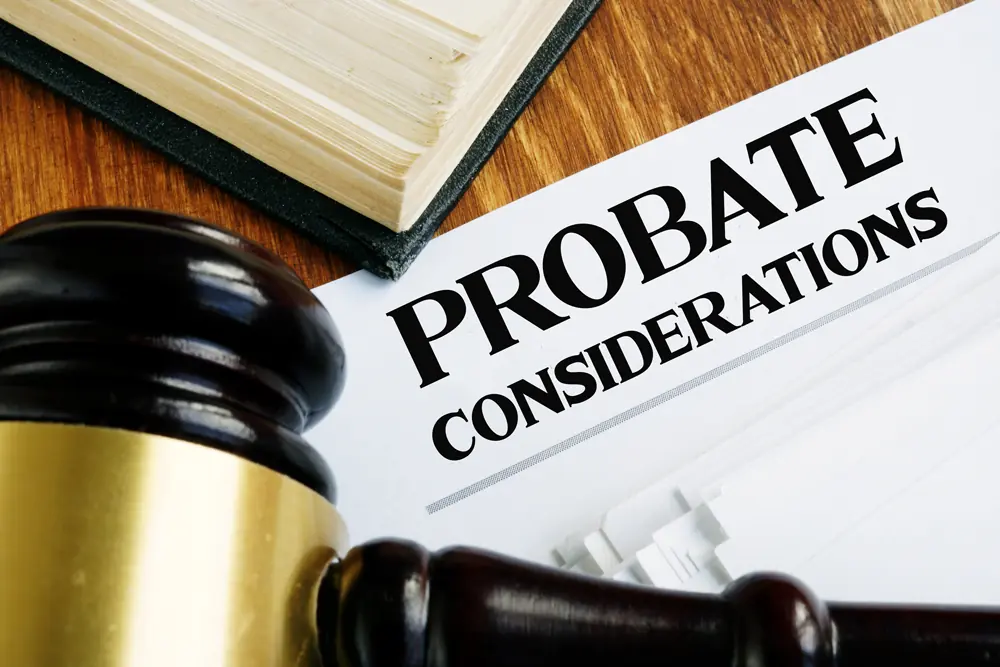Before an estate can be closed, all of the proper taxes must be paid. For those who do not have previous experience administering an estate, this can be a daunting task, especially if they do not know what taxes need to be filed.
An executor has two basic functions. The first is to marshal the assets of the estate. That is the executor must locate and document the assets. The executor must also then distribute the assets. This is actually three functions in one.
The executor must pay the debts of the deceased out of the estate assets, pay the taxes, and then distribute the remainder to any heirs. Many new executors get tripped up on the taxes, as they do not know what taxes need to be paid. Problem: the executors may be held liable for any tax deficiencies owed by the estate.
The Wills, Trusts & Estates Prof Blog recently published a helpful list of taxes for estate administrators titled “Tax Issues When Closing an Estate.”
Here are some of the practical pointers included in this list:
- Filing a final 1040 – An income tax return needs to be filed for the last tax year the deceased was alive. This should cover the period from January 1 until the date of death.
- Filing the estate’s income tax returns – If the estate earns money after the deceased passes away, the estate is responsible for paying income taxes on that money.
- Filing an estate tax return – If any estate tax is due, then an estate tax return must be filed.
- Miscellaneous – Many estates have several other tax issues to deal with that executors should consult with experts about.
If you are administering an estate and have any questions about taxes, see an experienced attorney about what you need to do. The fees for the attorney are a legitimate estate expense and can protect you from liabilities flowing from your role as executor.
Please contact our office today at 239-225-7911 to schedule an appointment with Barbara M. Pizzolato if you are interested in protecting your legacy and need to create or update your estate plan. You may also wish to attend one of our free seminars.
Reference: Wills, Trusts & Estates Prof Blog (February 17, 2015) “Tax Issues When Closing an Estate.”














